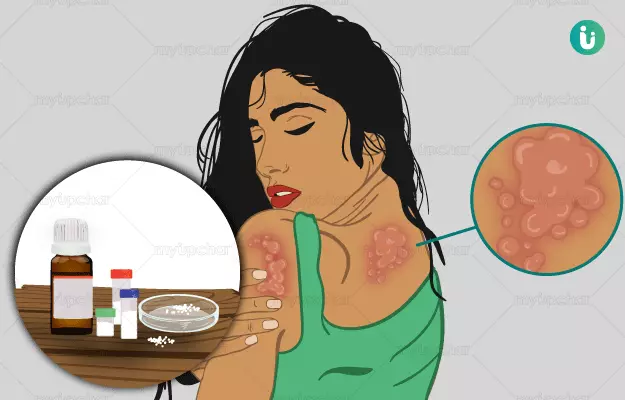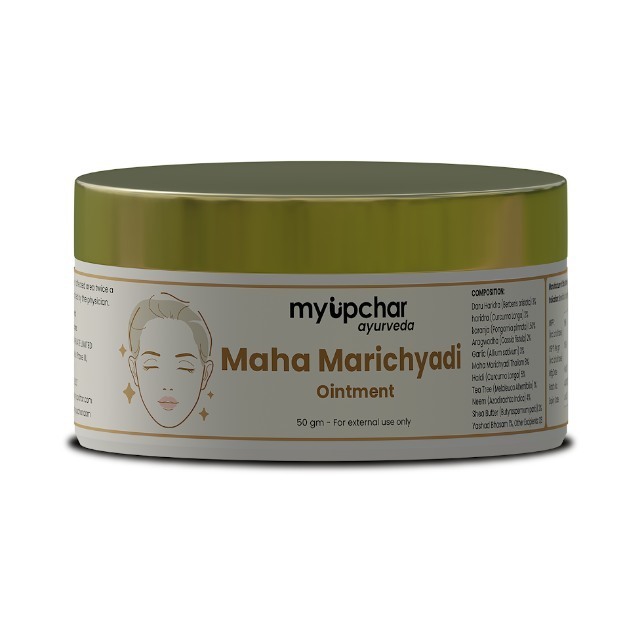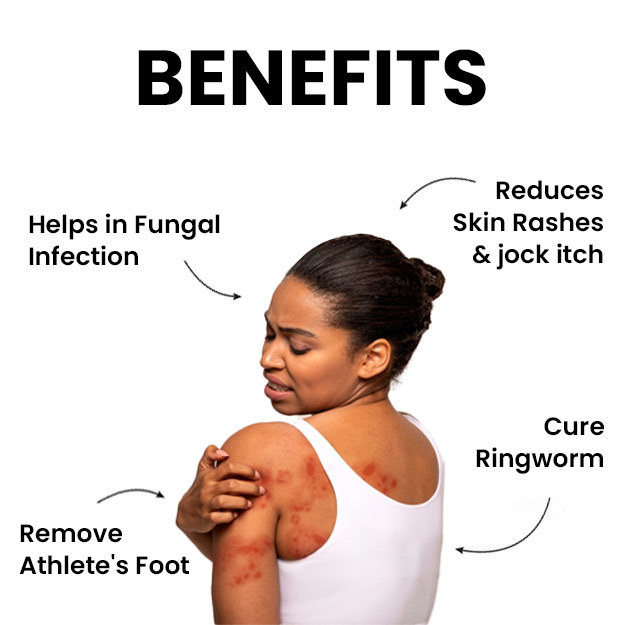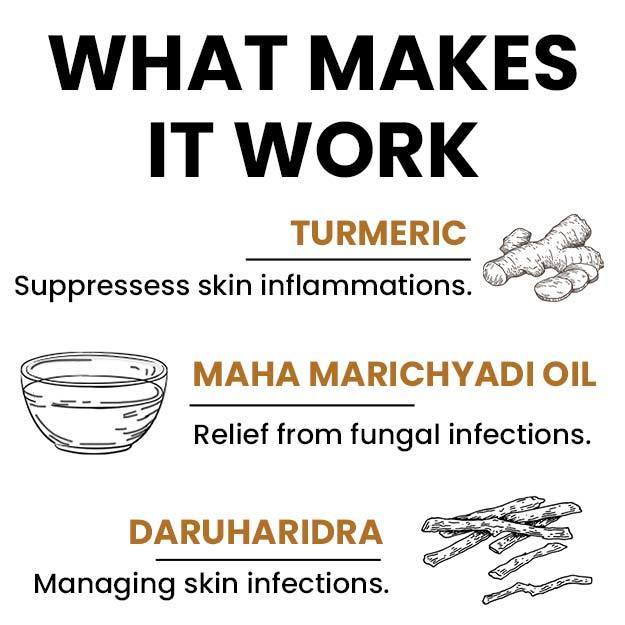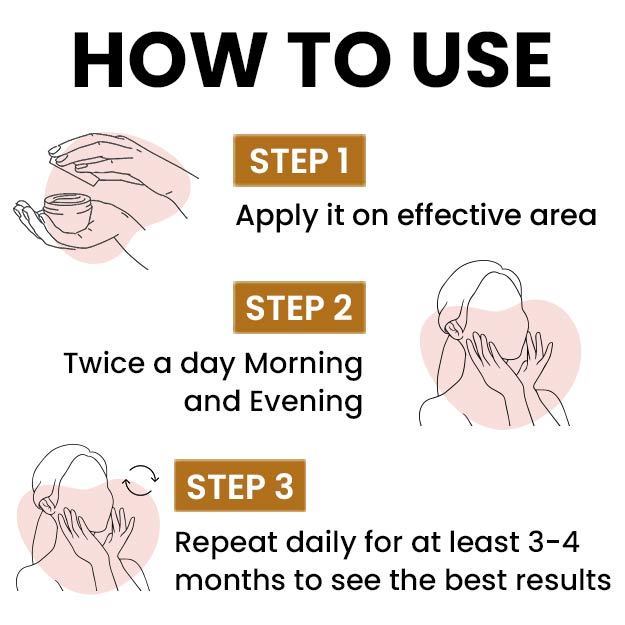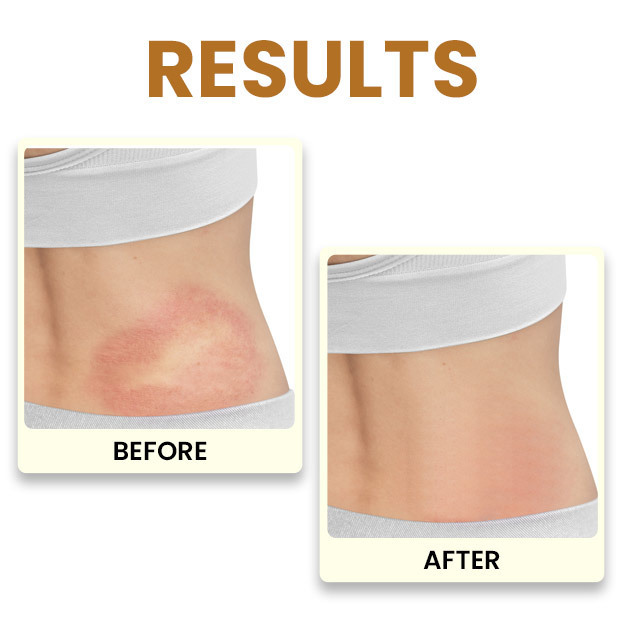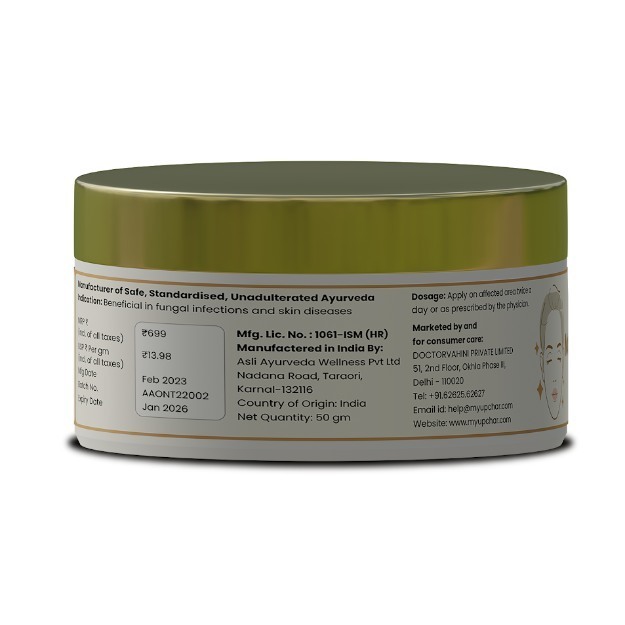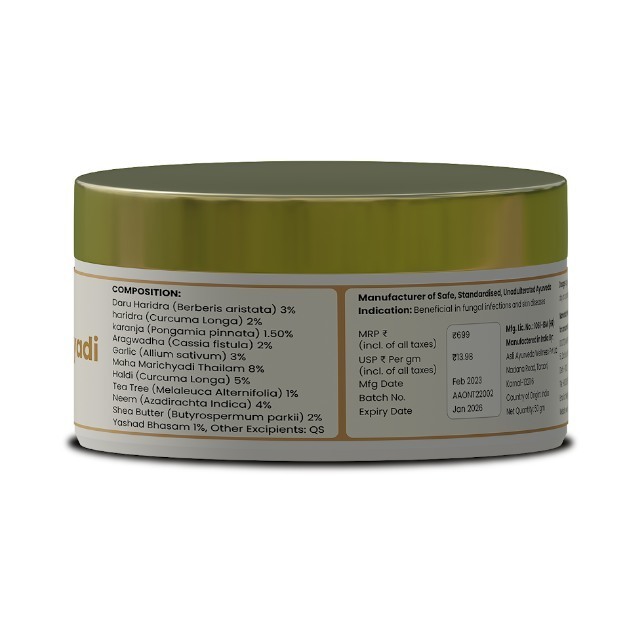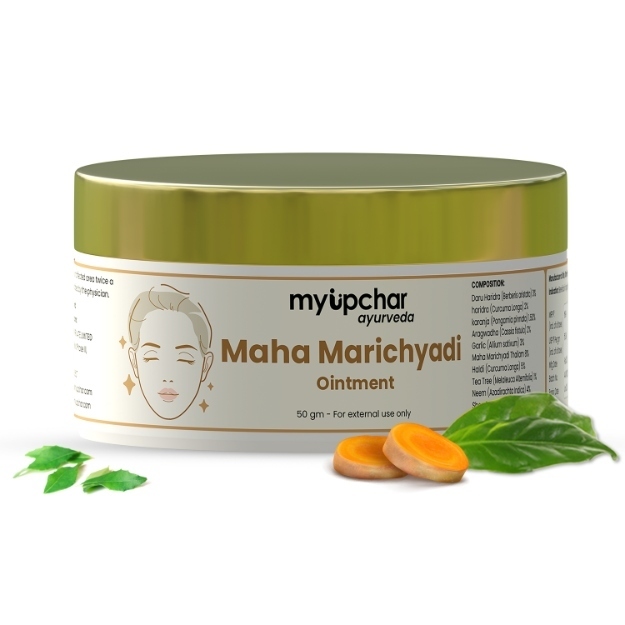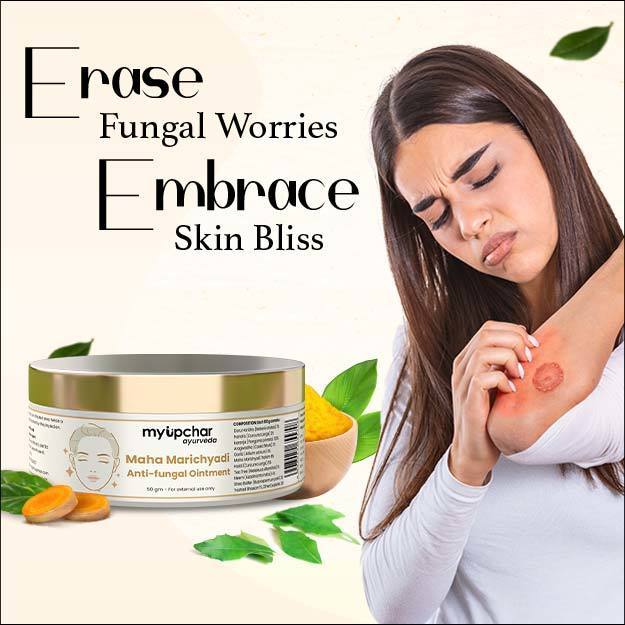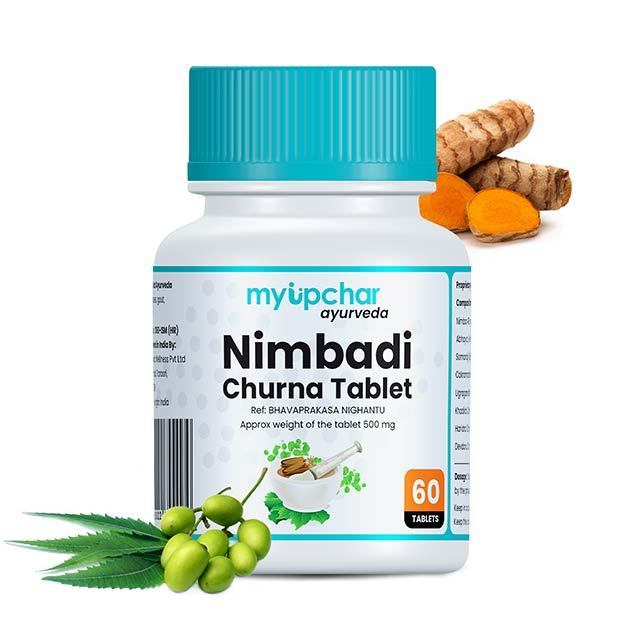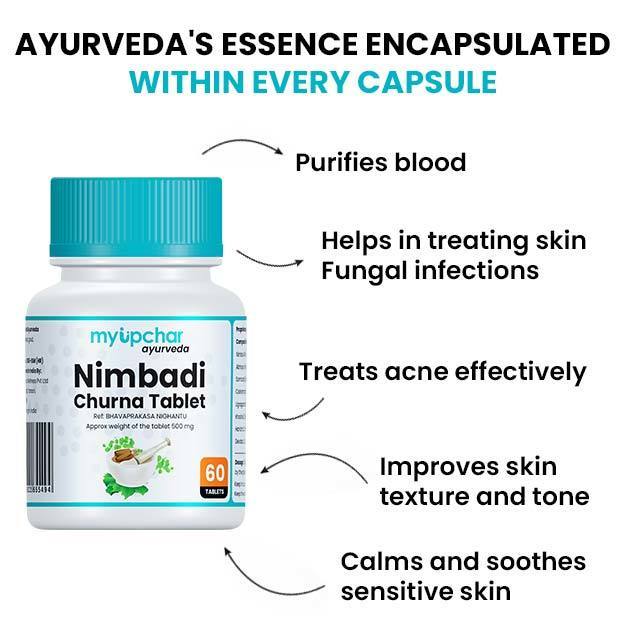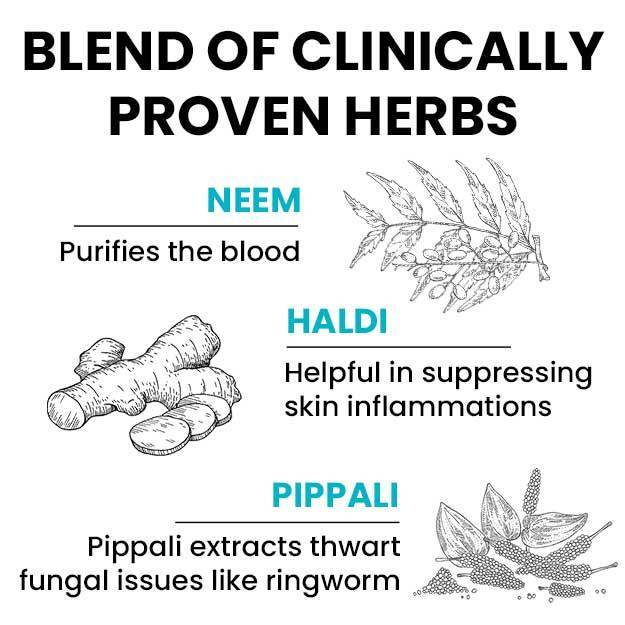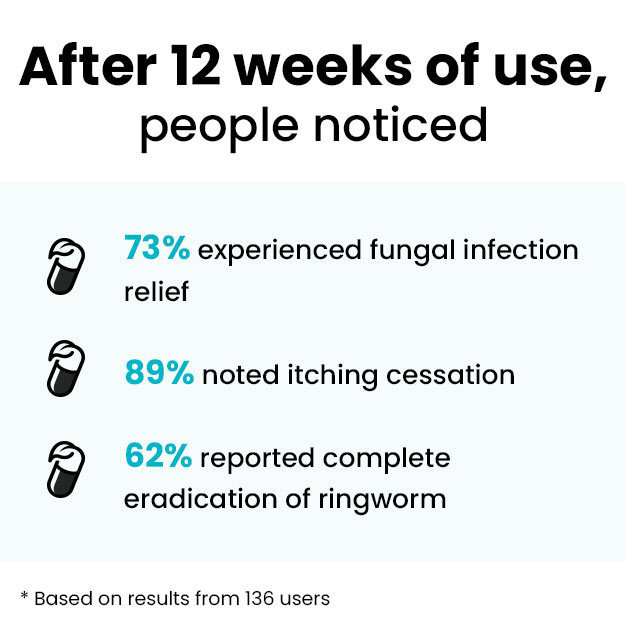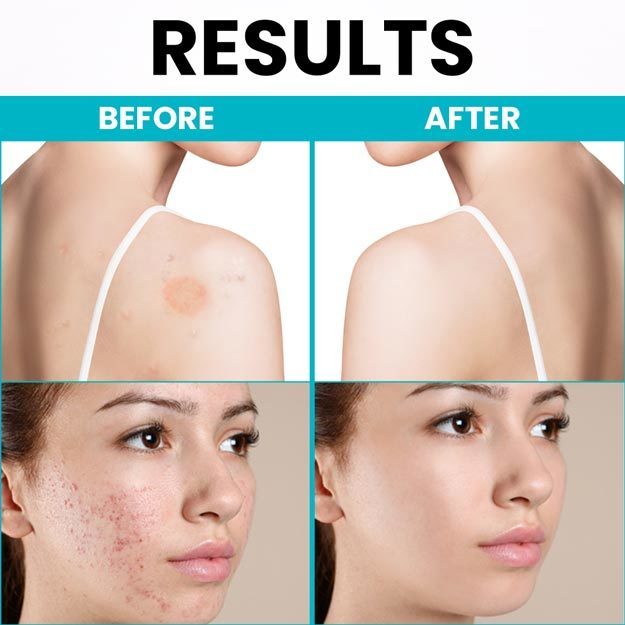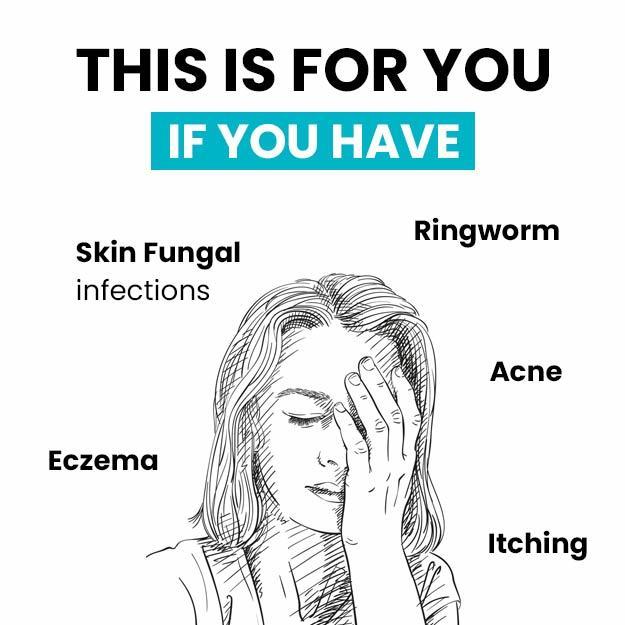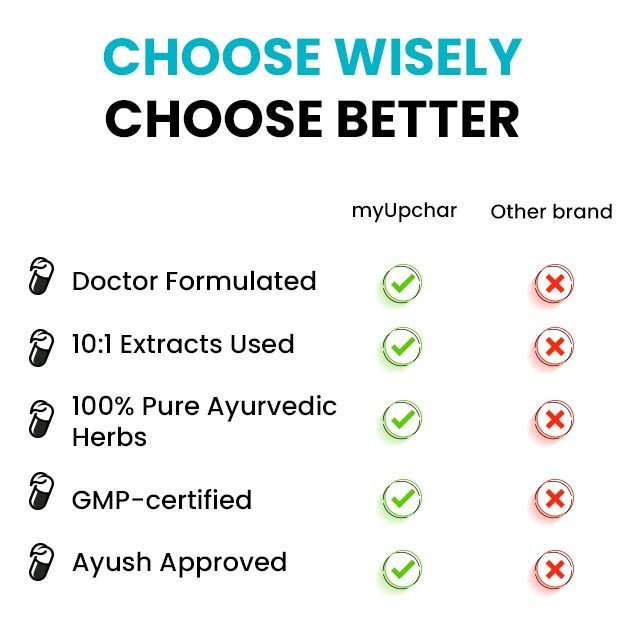Urticaria, also known as hives, is a skin condition in which itchy swellings appear on the skin. Factors like a sudden increase in body temperature, exercise, stress, irritating chemicals from soap or cosmetic products, and sunlight can cause urticaria. It can also occur as a symptom of an underlying disease. Hives appear in the form of pink or red blotches on any part of the body. If urticaria occurs as a reaction on the entire body, it causes symptoms like wheezing, swelling of the tongue, tightness in the chest and breathing difficulties. Hives typically fade themselves within 8 to 12 hours. However, recurrent or chronic hives can occur for weeks or months. Conventional medications for urticaria include medicines to provide relief from itching and to suppress the immune system to prevent recurrent hives.
Homeopathic treatment for urticaria is more personal. Experts recommend remedies depending on whether the condition is acute or chronic. Also, apart from the symptoms, a person's health (both physical and mental), age and other factors are taken into account before suggesting them a treatment. Some homeopathic remedies that are used for the treatment of urticaria include apis mellifica, rhus toxicodendron, camphora, sulphur, arsenicum album, copaiva officinalis, antimonium crudum and bovista lycoperdon.

